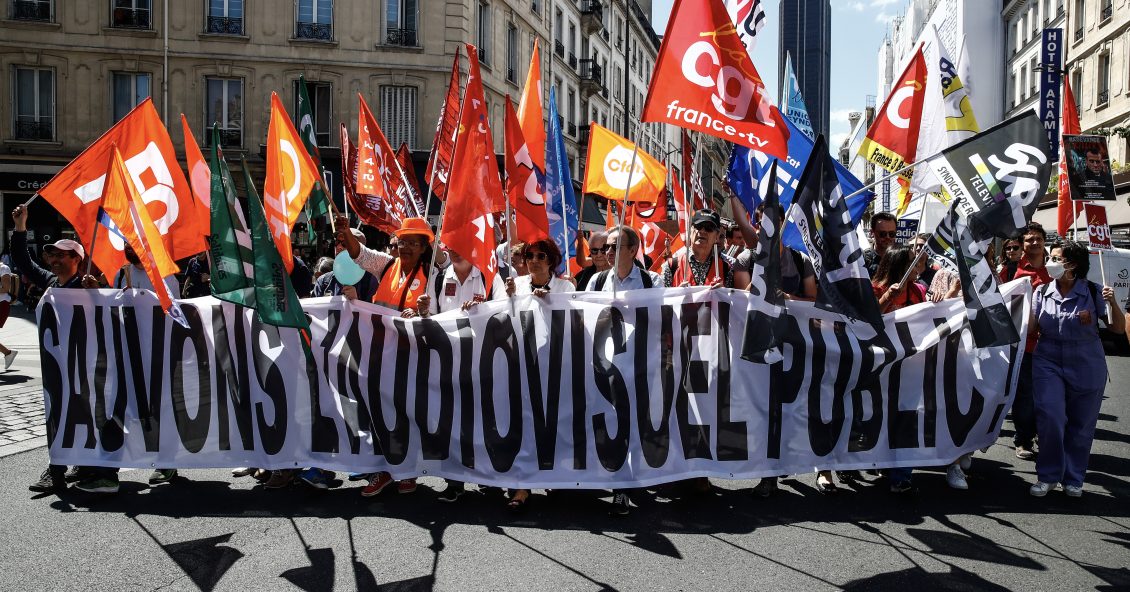UNI Global Union’s entire staff join the protests across Switzerland on 14th June.
They are marching alongside thousands of women, supported by many of their male colleagues, protesting inequality, discrimination and violence both domestic and in the workplace.
UNI GS, Christy Hoffman said, “In Switzerland, like many other countries around the world, discrimination, inequality and violence against women are still all too common. As a global union we take a strong stand alongside our affiliates in the fight for equality at work and in private life. Without economic equality between the sexes there will never be justice. We are at a tipping point and it’s time for action.”
This week at the ILO, government, employers and workers from around the world are negotiating a ground-breaking new convention against gender-based violence.
“We stand side-by side with the women in Switzerland who are protesting on 14th June and we won’t stop until women and men are treated equally everywhere in the world.”.
Every day more than 11 women and young girls in Switzerland suffer from sexual violence. Switzerland is the 7th richest country in the world and women earn 19.6% less than men and take on 2/3 of unpaid household chores.
Enough is enough. Women in Switzerland will rise up on the 14th of June and go on strike to show that without them, the country will come to a stop, that it is time to listen to them and to change.
The strike, which has been called by civil organizations as well as by Swiss unions, will take place all over the country, with major assembly points in the Swiss cities of Geneva, Lausanne, Bern and Zurich.
On June 13th, the day prior to the strike, women organizations from all over Switzerland will carry out activities such as exhibits, discussions, seminars to showcase women’s issues and build momentum for the following day.
On the day of the strike, women all over Switzerland are encouraged to stop whatever they are doing at 15:24, whether it is at work or at home and join other women in the street to demand equal treatment.
If going on strike is not possible, women can support each other by sharing activities on social media, creating women’s organizations in their neighbourhoods and workplaces, or helping in the distribution of material.
As for men, solidarity with women is key. By taking over the tasks that women do – such as childcare and household chores- and providing them with the time and the support they require to participate in this strike, men can show their support. Men can also be supportive by volunteering in the women’s groups, distributing material, sharing in social media, and raising their voices in support.
The time is now to rise up and stand together to end inequality between women and men.


